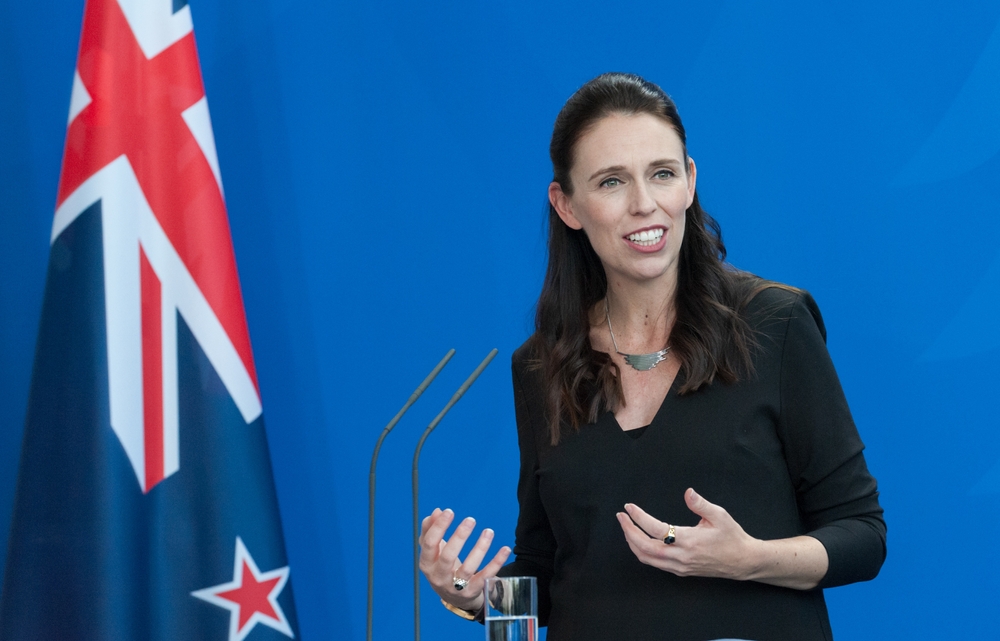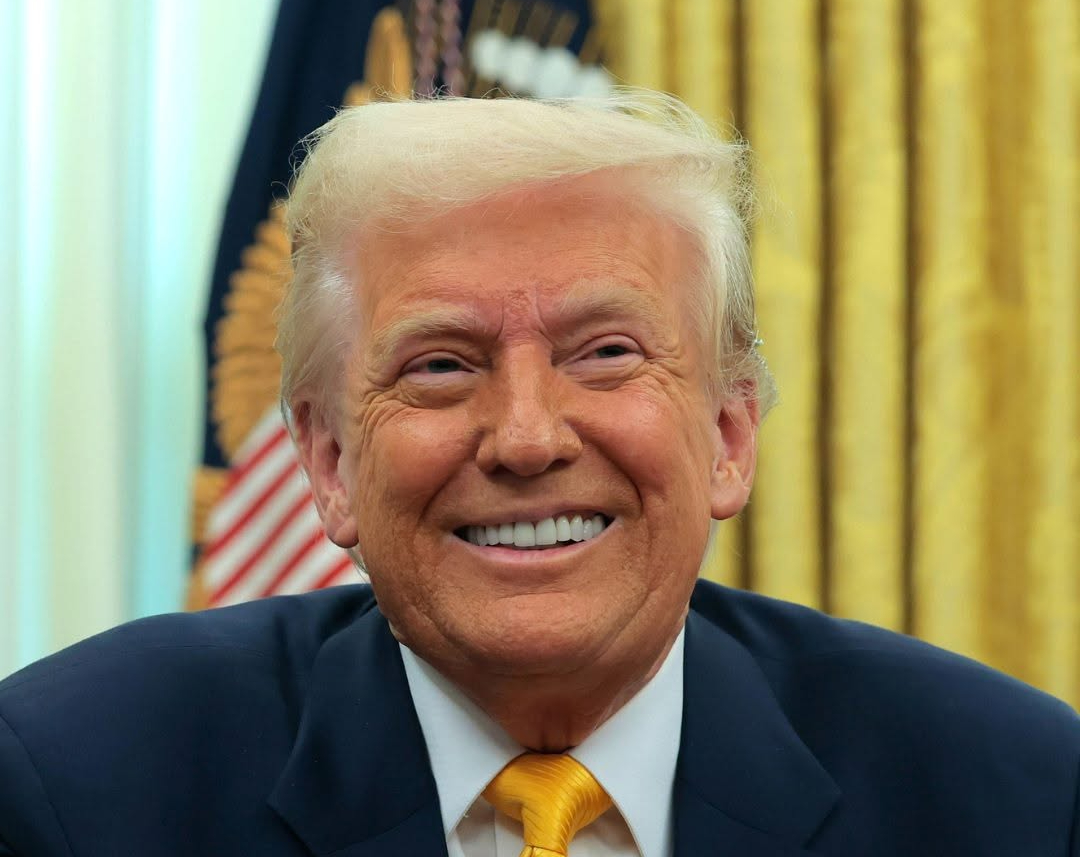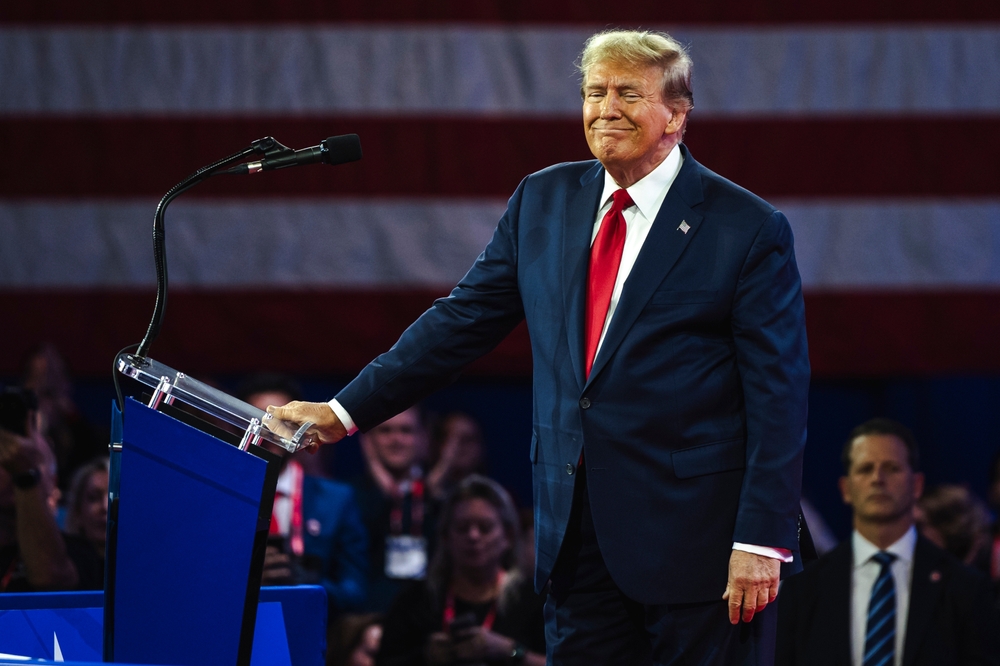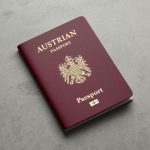Should Political Leaders and Governments Manage Their Own Social Media?
The digital age has transformed how citizens interact with their leaders, with social media becoming a primary channel for political communication. A 2024 Pew Research study found that 68% of adults now get political news primarily through social platforms, up from 49% in 2016. This shift raises important questions about the appropriate use of these platforms by government officials and institutions. Recent controversies involving figures like Donald Trump and official accounts like Iran's government posts demonstrate both the power and pitfalls of political social media use.
The Value of Political Social Media Presence
Social media offers governments and leaders unprecedented opportunities for public engagement. Platforms enable direct communication that bypasses traditional media filters, allowing for more immediate and authentic connections with constituents. Ukrainian President Volodymyr Zelensky's effective use of Telegram to share wartime updates demonstrates how these tools can foster transparency during crises. Similarly, public health agencies worldwide have leveraged social media to quickly disseminate vital information, as seen with COVID-19 updates from organizations like the CDC, which gained 300% more engagement than traditional press releases during the pandemic.
Beyond crisis communication, these platforms humanize political figures in ways that traditional media cannot. New Zealand's former Prime Minister Jacinda Ardern mastered this approach through her relatable Instagram presence, which boosted her approval ratings by 22 points among young voters. Live Q&A sessions have helped various leaders connect with younger demographics who increasingly consume news through social platforms rather than conventional outlets.

Jacinda Ardern
The Risks of Unfiltered Political Communication
However, the same features that make social media valuable also create significant risks when misused. Research from the Oxford Internet Institute shows that 42% of official government accounts have shared questionable or misleading content at least once. High-profile examples abound of posts that have escalated tensions or spread misinformation. The official Iranian government account has repeatedly shared inflammatory content targeting other nations, including doctored images mocking world leaders. Such posts not only strain international relations but also undermine the credibility of official government communications.
Perhaps most notably, former U.S. President Donald Trump's unfiltered Twitter usage created numerous diplomatic incidents, including a 2017 tweet threatening "fire and fury" against North Korea that brought the two nations to the brink of crisis. A Brookings Institution analysis found that 78% of Trump's most-shared tweets contained factual inaccuracies. Other leaders have used these platforms to spread unverified medical claims or promote conspiracy theories, as seen with Brazil's former President Jair Bolsonaro's controversial posts about COVID-19 treatments.

Donald Trump
Related: Newsom vs. Trump: Legal Showdown Over Troops on LA Streets
The Professional Management Solution
A balanced approach that maintains the benefits of social media while mitigating its risks involves implementing professional management structures for official accounts. The Global Social Media Governance Index reports that 61% of OECD countries now use trained communications teams for ministerial accounts. Several successful models already exist. The White House social media accounts, for instance, are managed by communications staff rather than the president personally, ensuring consistent messaging while maintaining appropriate decorum. The European Union's official accounts provide another positive example, having effectively countered disinformation campaigns with factual, timely responses.
Effective social media management for political figures and institutions should involve several key components. First, content should be developed by trained communications professionals familiar with both the technical aspects of platform management and the nuances of political messaging. Second, while leaders should be consulted on major announcements, day-to-day posting should follow established guidelines that prevent impulsive or inflammatory content. Finally, all posts should undergo verification processes to ensure accuracy and appropriateness before publication.
Striking the Right Balance
The question isn't whether governments and political leaders should use social media, but how they can do so responsibly. These platforms offer too many benefits for public communication to ignore, yet carry too many risks to leave unmanaged. The solution lies in professionalizing political social media use - maintaining authentic engagement while implementing safeguards against misuse.
When properly managed, official social media accounts can inform citizens, combat misinformation, and strengthen democratic engagement. Without proper oversight, they risk becoming sources of division and instability. As digital communication continues evolving, finding this balance will remain crucial for maintaining both effective governance and public trust.
What do you think? Should world leaders have personal control over their social media accounts, or should professional teams handle all official communications? Share your perspective below.
Related: Does Trump’s $5M “Fast‑Track” Card Sell U.S. Citizenship to the Rich?












